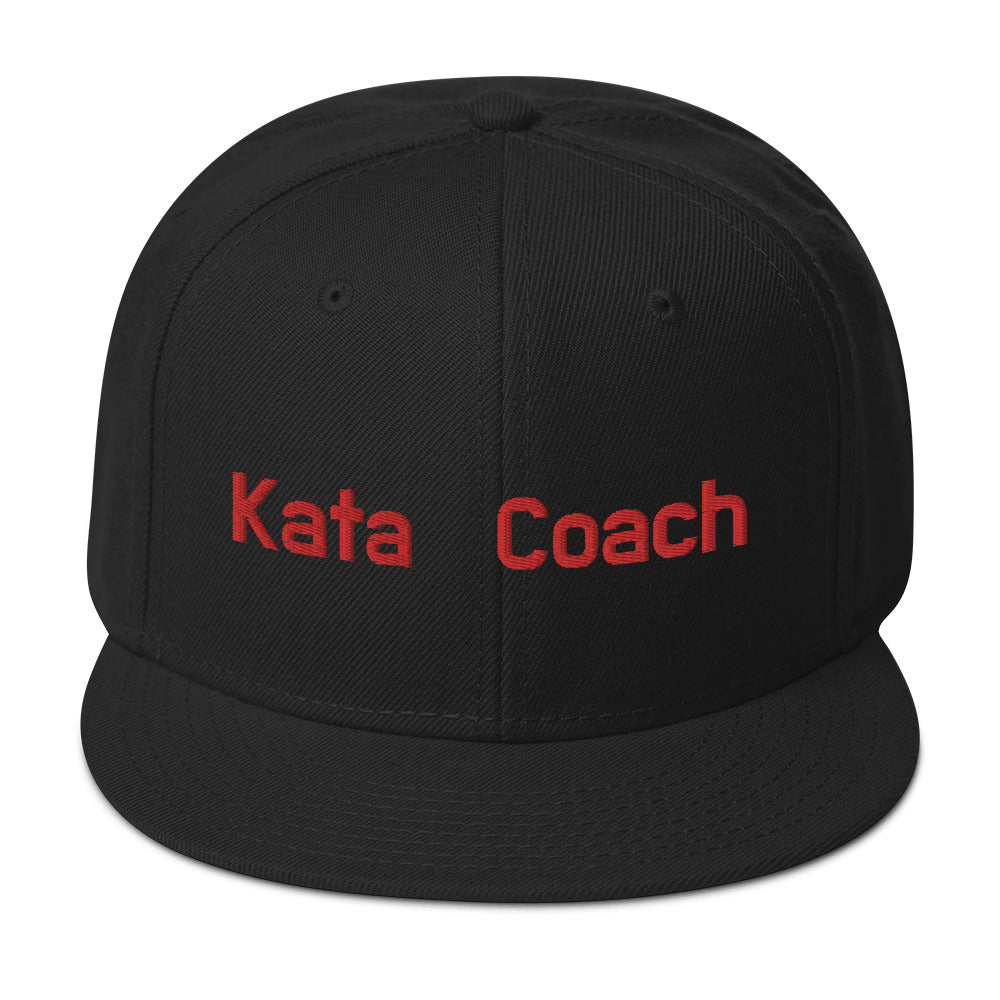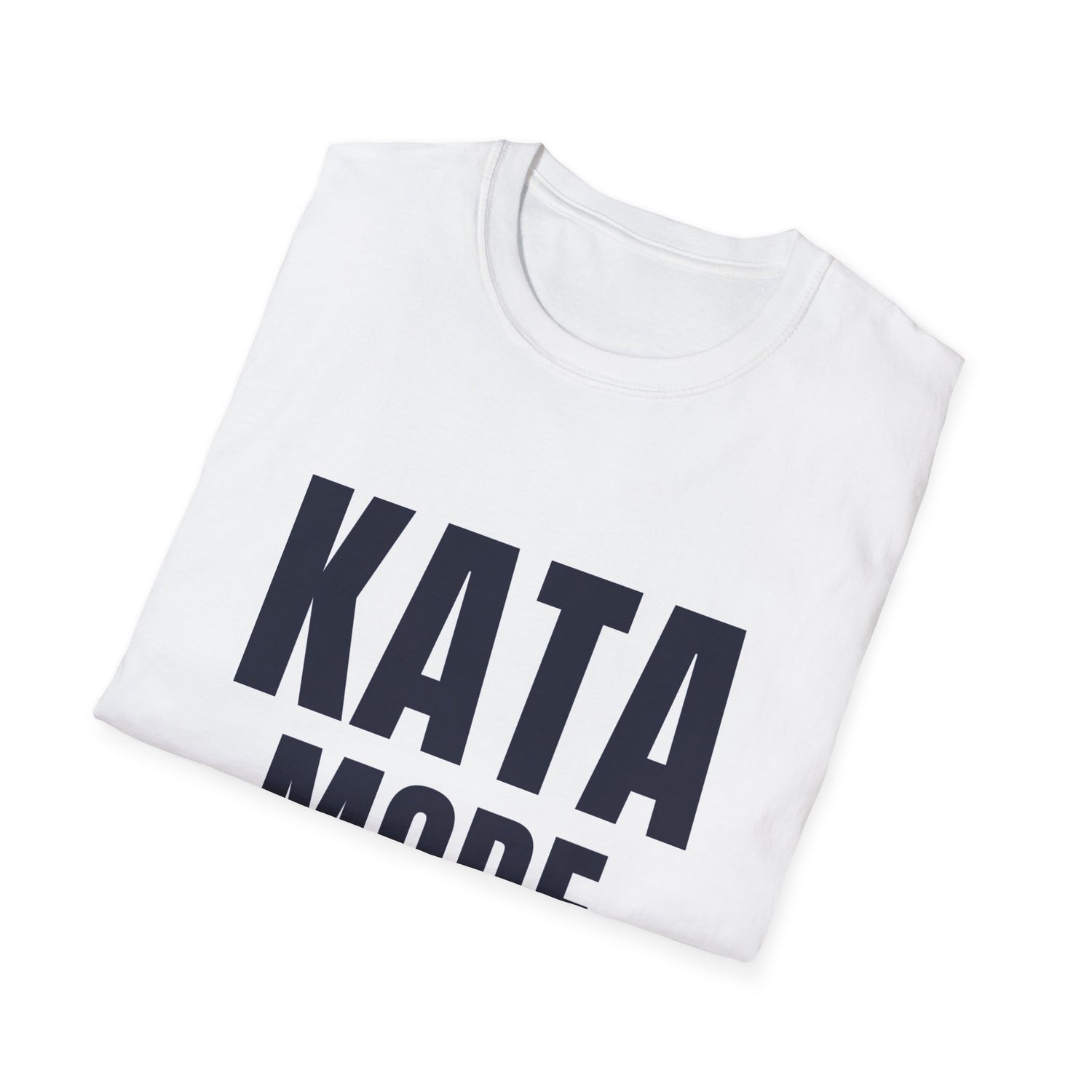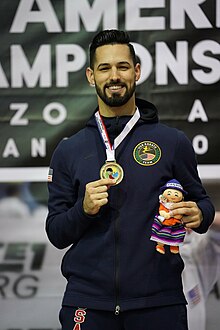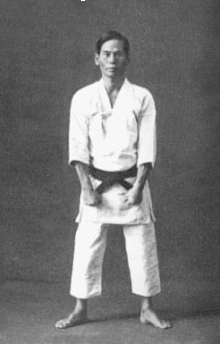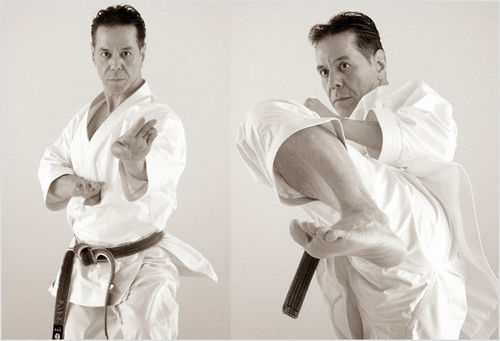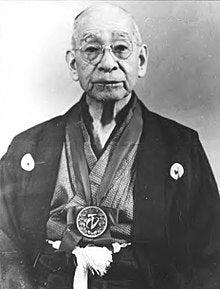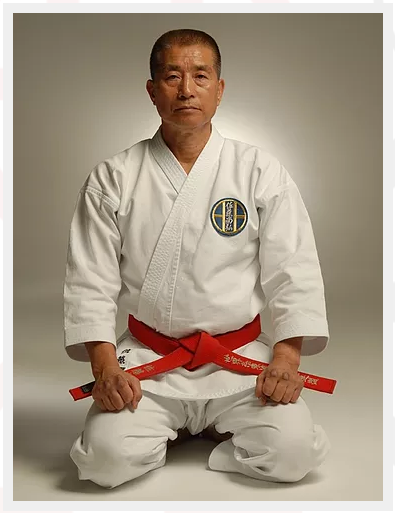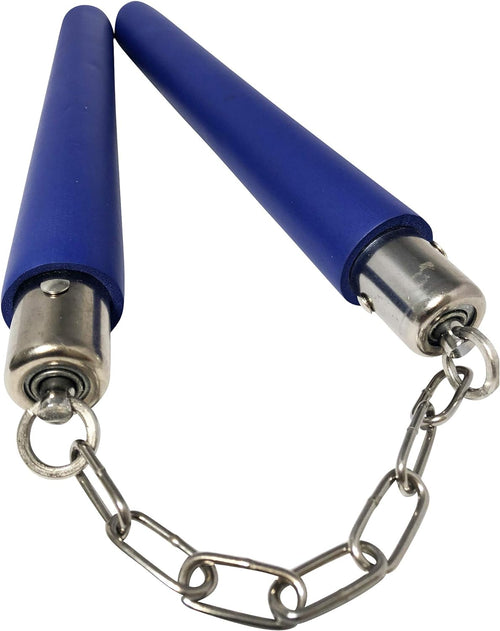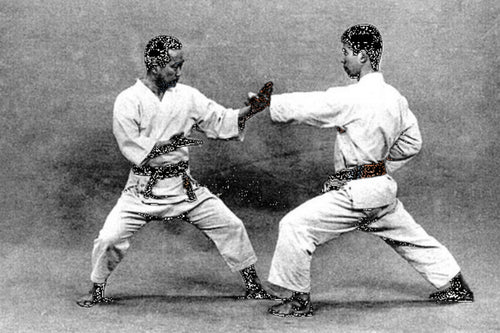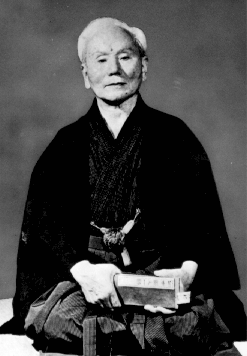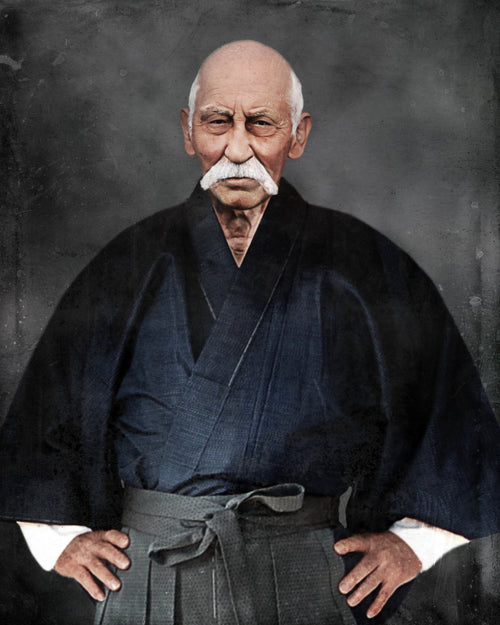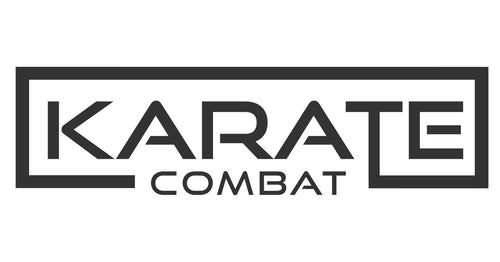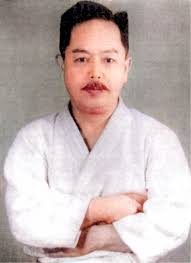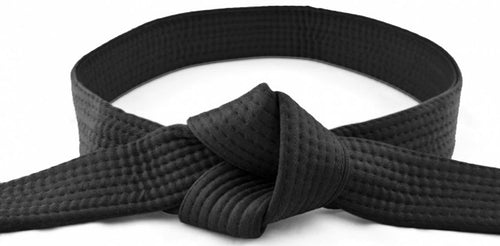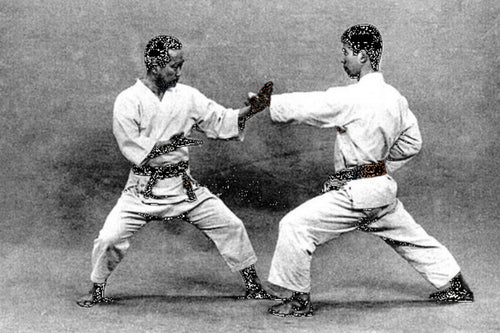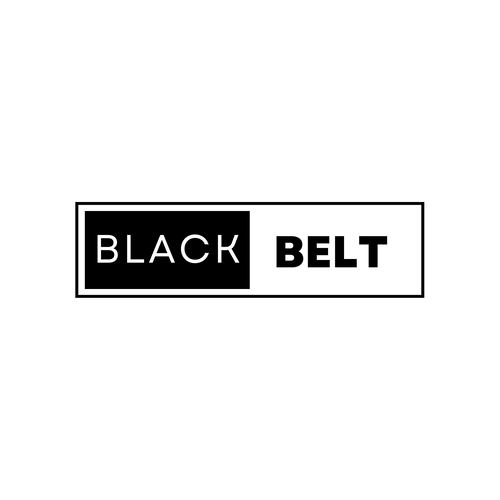The question of whether Karate is the best martial art is one that has sparked many debates and discussions among martial arts enthusiasts. The answer to this question is not straightforward, as the concept of the "best" martial art is highly subjective and dependent on various factors. In this article, we will provide a comprehensive perspective on the strengths and limitations of Karate and why it may or may not be considered the best martial art.
The Versatility of Karate
Karate has earned its reputation for being a well-rounded martial art. It offers a combination of striking techniques, defensive moves, and the development of physical and mental attributes. Karate's emphasis on precision, agility, and discipline makes it a valuable choice for many individuals seeking self-improvement and self-defense skills.
Effectiveness in Striking
One of Karate's greatest strengths lies in its striking techniques, which include punches, kicks, and elbow strikes. The precision and speed of these techniques can make Karate practitioners formidable in stand-up combat situations. The art's focus on blocking and parrying also helps protect against incoming attacks effectively.
Philosophical Principles
Karate places a strong emphasis on philosophical principles such as respect, humility, and self-control. These principles not only guide the practitioner in the dojo but also extend to their daily lives, contributing to personal growth and character development.
Karate's Limitations
While Karate has its strengths, it also has limitations that may affect its suitability for every individual or situation. These limitations include:
Ground Fighting
Karate primarily focuses on stand-up fighting techniques. In situations that go to the ground, such as grappling or wrestling, Karate may not be as effective as martial arts with a strong ground-fighting component, like Brazilian Jiu-Jitsu.
Sportification
Competitive Karate often involves point-based sparring, which emphasizes control and precision. This focus on scoring points can deviate from practical self-defense, where the goal is to neutralize an opponent as efficiently as possible.
Lack of Real-World Training
Some Karate schools do not adequately prepare practitioners for real-world self-defense scenarios. The absence of live sparring or situational training may hinder a practitioner's ability to adapt to unpredictable situations.
Personal Preference
The choice of the "best" martial art is highly dependent on individual preferences, goals, and physical attributes. What works best for one person may not work for another. Some individuals may prefer grappling arts like Brazilian Jiu-Jitsu, while others may find the philosophy and striking techniques of Karate more appealing.
Conclusion
In conclusion, whether Karate is the best martial art is a subjective matter. It excels in striking techniques, embodies valuable philosophical principles, and provides an excellent path to personal growth. However, it also has limitations, such as its focus on stand-up fighting and its sportification. The "best" martial art varies from person to person, depending on their goals, preferences, and the specific situations they may encounter.
Ultimately, the effectiveness of any martial art, including Karate, depends on how well it is taught, practiced, and applied in real-life scenarios. The "best" martial art is the one that aligns with an individual's objectives and helps them achieve their goals, whether that's self-improvement, self-defense, or personal growth.
Get Access Now: https://bit.ly/J_Umma
Frequently Asked Questions (FAQs)
1. Is Karate better than other martial arts for self-defense?
Karate can be effective for self-defense, but the choice of martial art depends on individual preferences, goals, and the specific self-defense scenarios one may encounter. Other martial arts, such as Brazilian Jiu-Jitsu and Krav Maga, may be more suitable for certain situations.
2. Can I practice multiple martial arts, including Karate, to become a well-rounded martial artist?
Yes, cross-training in multiple martial arts can provide a broader skill set and adaptability. However, it's essential to ensure that the training is balanced and complementary.
3. What are the key factors to consider when choosing a martial art?
When choosing a martial art, consider your goals, physical attributes, the availability of schools or dojos in your area, and the teaching style and philosophy of the specific school.
4. Is there a martial art that is universally recognized as the "best"?
There is no universally recognized "best" martial art, as the choice depends on individual factors and goals. Different martial arts excel in various areas, making them suitable for different purposes.
5. Can Karate be practiced by individuals of all ages and fitness levels?
Yes, Karate can be practiced by individuals of various ages and fitness levels. Many Karate schools offer classes tailored to beginners and individuals with different physical abilities.
